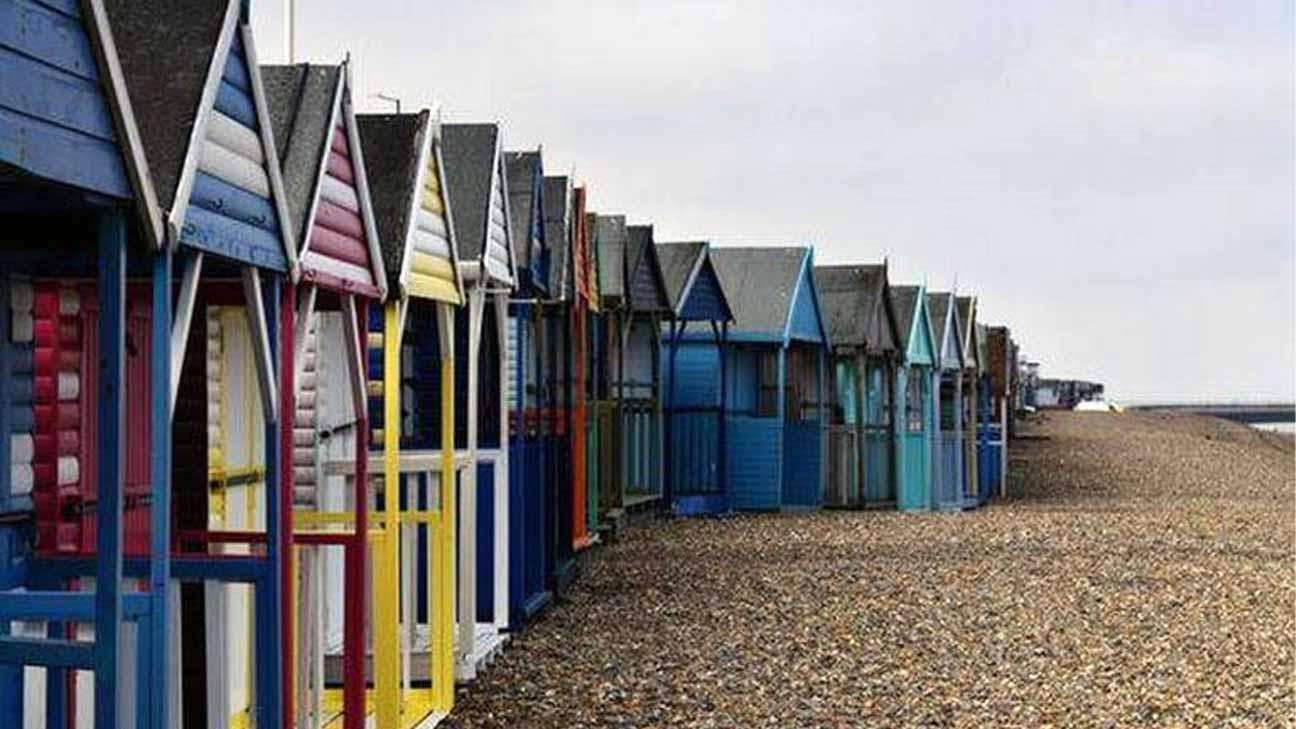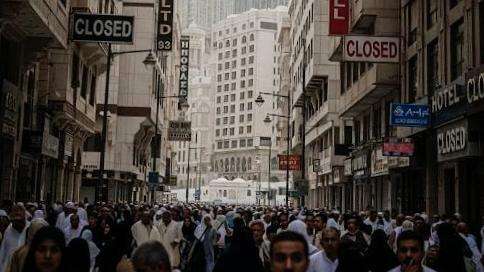Umrah pilgrims are bracing for potentially higher expenses as Saudi Arabia's Ministry of Tourism intensifies its crackdown on non-compliant hospitality establishments in Mecca. A staggering 25 hotels and furnished apartments were shut down in July alone for various breaches, a move that, while aimed at ensuring pilgrim safety and service quality, is expected to significantly impact accommodation availability and, consequently, the cost of Umrah packages.
The recent closures follow a broader campaign that has seen 330 hotels and furnished apartments shuttered across Mecca and Medina. The Ministry of Tourism cited a range of violations, including operating without valid licenses, maintaining poor hygiene and maintenance standards, and failing to comply with crucial guest safety protocols. "These measures reflect our ongoing commitment to ensuring that all facilities adhere to the highest standards of service and safety," the ministry stated, emphasizing its zero-tolerance policy for regulatory non-compliance. Penalties for such infractions can be severe, reaching fines of up to one million Saudi riyals (approximately $266,000), closure orders, or both.
The Economic Impact: Higher Accommodation Costs for Pilgrims
The immediate and most significant impact of these widespread closures will be a reduction in the available accommodation options for the millions of pilgrims who visit Mecca for Umrah throughout the year. With fewer licensed hotels, particularly those that are affordable and conveniently located, the laws of supply and demand are almost certain to drive up prices for the remaining compliant establishments.
Umrah package rates, which typically include flights, accommodation, and sometimes transportation within Saudi Arabia, are highly sensitive to hotel costs. As the supply of rooms shrinks due to these shutdowns, tour operators will face increased overheads for securing lodging, a cost that will inevitably be passed on to the pilgrims. This could translate into a noticeable rise in the overall price of Umrah packages, making the spiritual journey more expensive for individuals and families.
Pilgrims seeking budget-friendly options, who often rely on more modest accommodations, might find it particularly challenging to secure rooms. They may be forced to either pay higher prices for similar standard hotels or opt for properties further away from the Grand Mosque, incurring additional transportation costs and longer travel times to perform their rituals. The impact will be felt across all tiers of Umrah packages, from economy to luxury, as the demand for compliant hotels intensifies.
While the Saudi Ministry of Tourism's efforts are commendable in their aim to uplift service standards and safeguard visitors, the immediate consequence for many aspiring pilgrims will be a heavier financial burden. This comes at a time when Umrah costs have already been on an upward trend due to various global factors, including inflation and increasing flight expenses. The ongoing stringent enforcement of regulations, while necessary for long-term quality, will undoubtedly add to the financial considerations for those planning their sacred journey to Mecca.








.svg)

_6.jpg)
